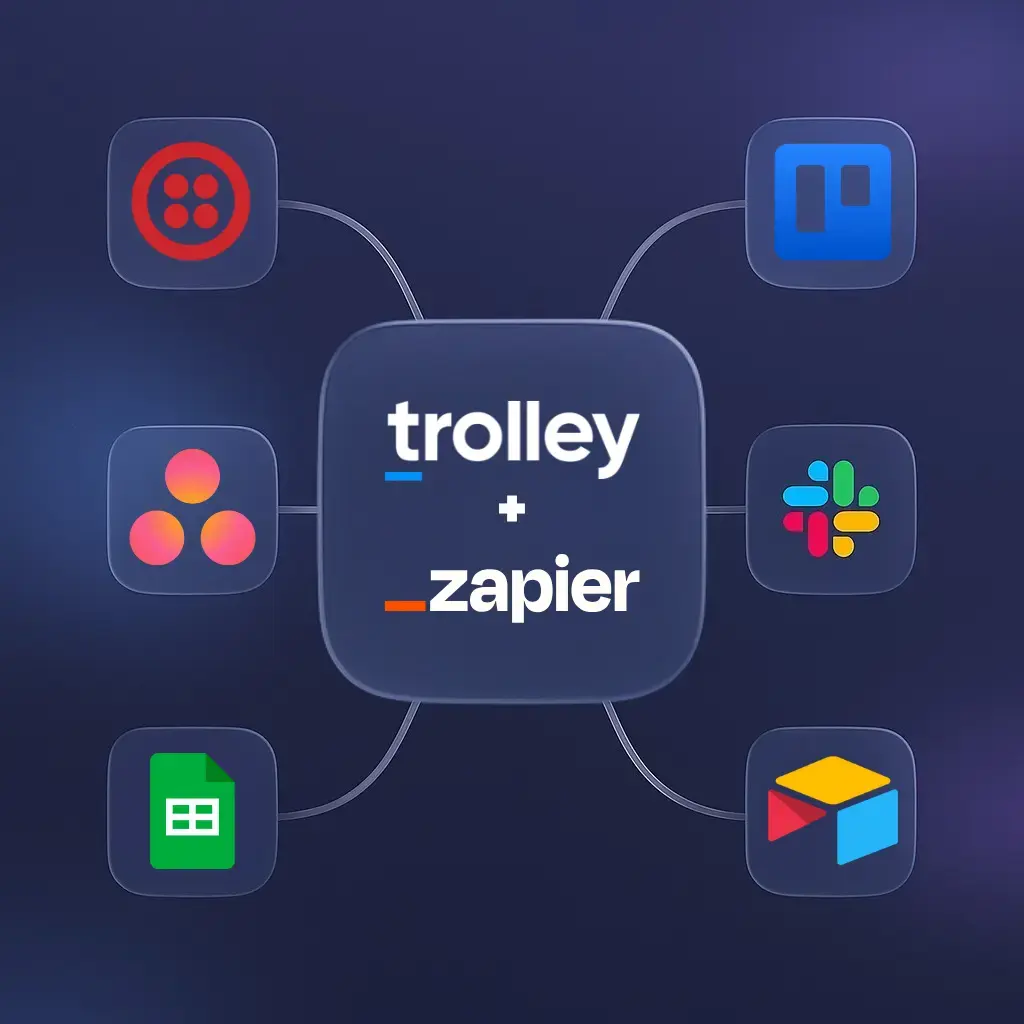Working with independent contractors can offer significant advantages for your business.
The casual nature of contractors offers significant flexibility with regards to project-based roles for businesses that don’t have enough work to employ a certain skill-set full-time. In addition to added flexibility, it also allows employers to access the best talent by opening up themselves to a significantly larger talent pool.
Furthermore, international contractors can be much less expensive than domestic contractors while still delivering the same quality of work as a domestic contractor.
As with anything, there are also disadvantages to working with W-9 & W-8 contractors. One of the most significant disadvantages is the tax and regulatory requirements that must be followed
Step 1: Tax form collection
For independent contractors within the US, most companies must collect a Form W-9 from each contractor they work with. Although the form itself is not that complex to fill in, you still need to keep track of it and store it in a safe place, either digitally or in a physical paper copy. Paper copies also raise the risk question of, what if there is a fire?
For independent contractors outside of the US, a Form W-8BEN (or W-8BEN-E, if you’re working with a company) must be collected off of each contractor. This form is slightly longer and requires the person filling it out to determine the tax treaty status of the country they live in with the United States, among other things. The tax treaty status stipulates whether the payer needs to withhold tax from the payment to the contractor. It is important to get this right, otherwise, you could owe the IRS this withholding tax out of pocket. Again, these forms must be collected and stored somewhere safe.
Okay, so now we’re halfway through the process.
Next comes the end of the tax year process
At the end of the tax year, your company must generate a 1099-NEC (which replaced 1099-MISC in the tax year 2020) form for each W-9 contractor you paid (more than $600 in the year, in most cases), send the contractor that completed form by postal mail or electronically (this is the contractor’s choice, not the employer), and send a report to the IRS summarizing all of 1099s they generated for the tax year.
The same process must also happen for W-8 contractors, but the form generated and sent to each contractor is a 1042-S, except there is no $600 threshold like with the Form 1099-S.
As you can see, there are also some admin burdens that come with working with and paying independent contractors. The IRS fines applicable if your company does not follow the proper withholding and reporting process are $270 per payee. You must weigh the pros and cons, and decide if the additional admin burden is worth the flexibility and potential cost savings of working with independent contractors.
This is usually an easy decision if you’re only working with a handful of contractors per year but quickly gets complicated for businesses that are working with 20+ per year. We’ve seen this as a particularly challenging aspect to marketplace-style business models where all of the “supply-side” of the marketplace (ex. Uber drivers in the Uber marketplace) are typically classified as independent contractors, creating thousands of W-9s and W-8s, and therefore thousands of 1099s and 1042s that are needed at year-end.
**DISCLAIMER**
Trolley does not provide legal advice. This article and any other articles on our blog should not be considered legal advice. Should you require legal advice, please contact a lawyer.
Simplify contractor tax compliance with Trolley
Trolley was built to make taxes easy for businesses and the people they pay. From automated W-8 & W-9 collection to the distribution of end-of-year IRS forms, Trolley takes the hassle out of 1042-S & 1099s so you can focus on what you do best.







